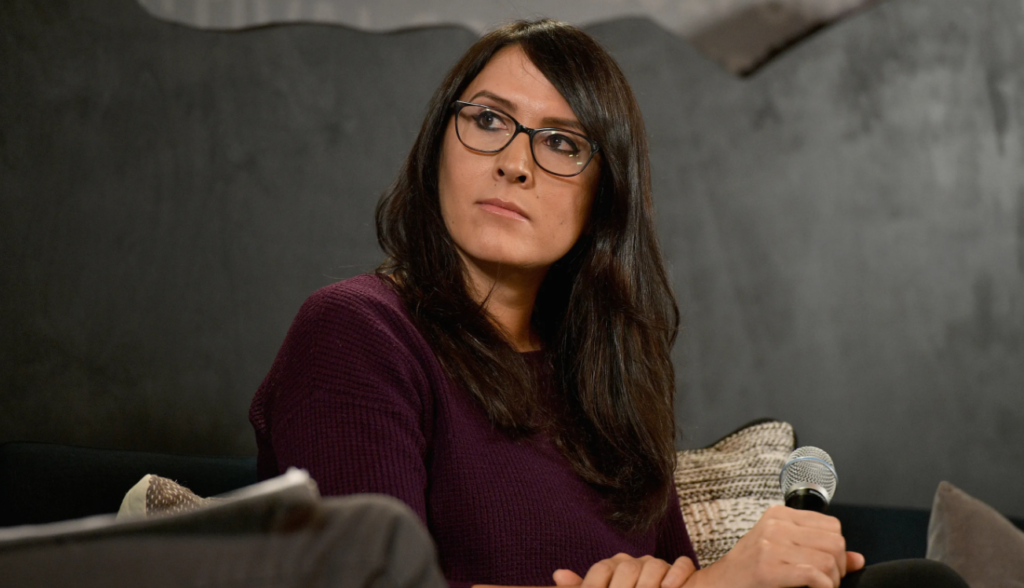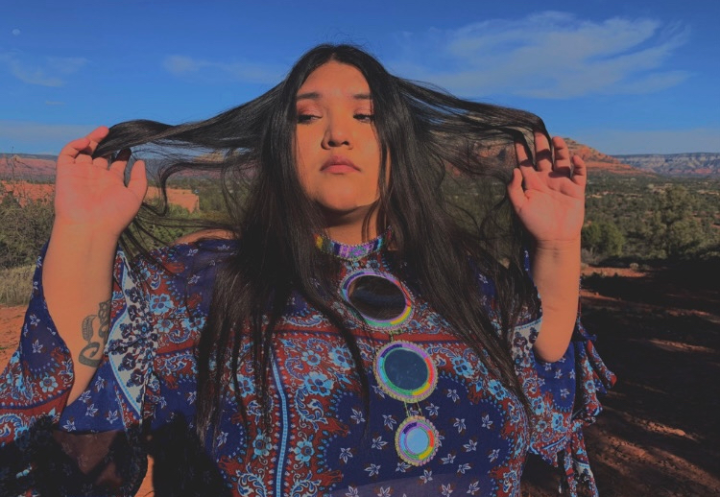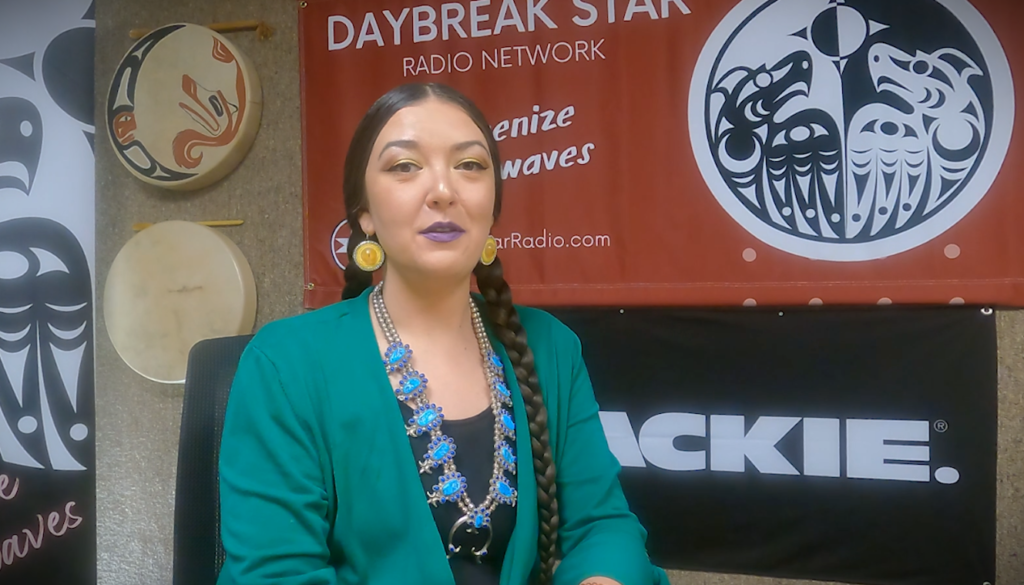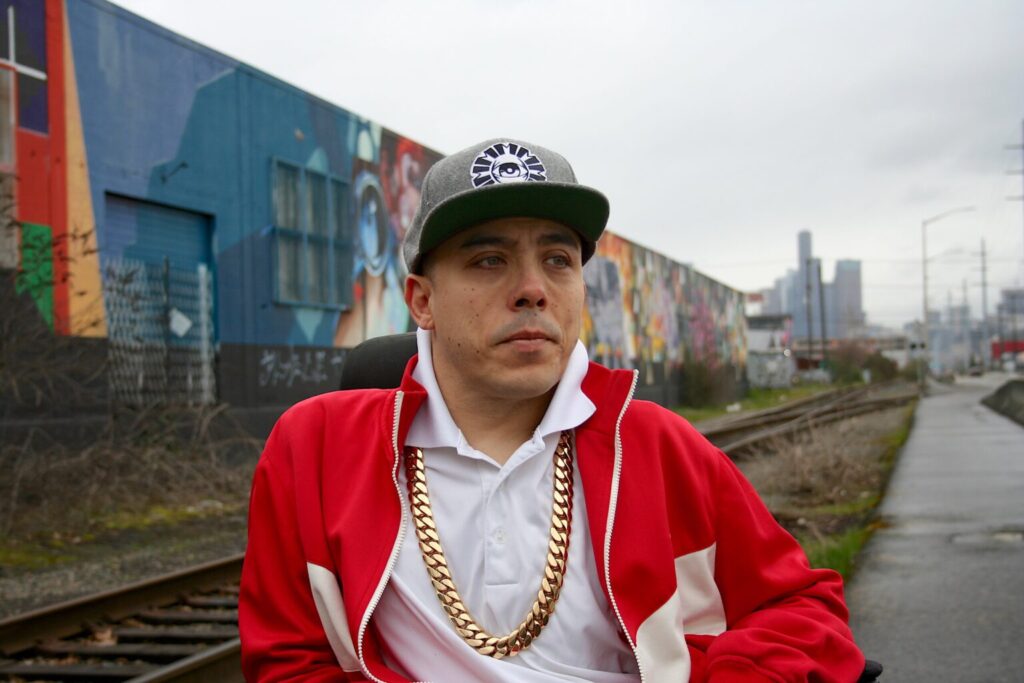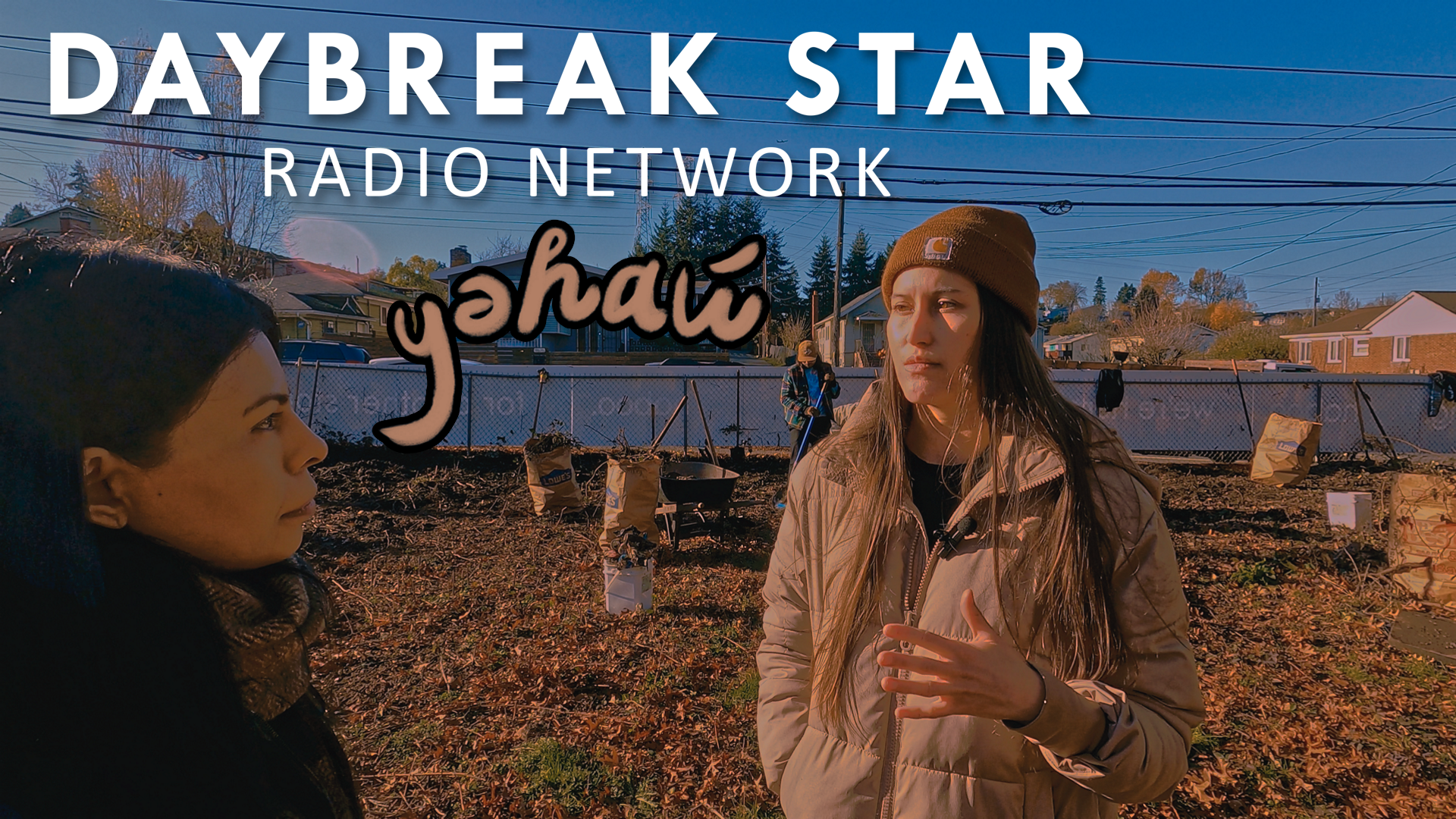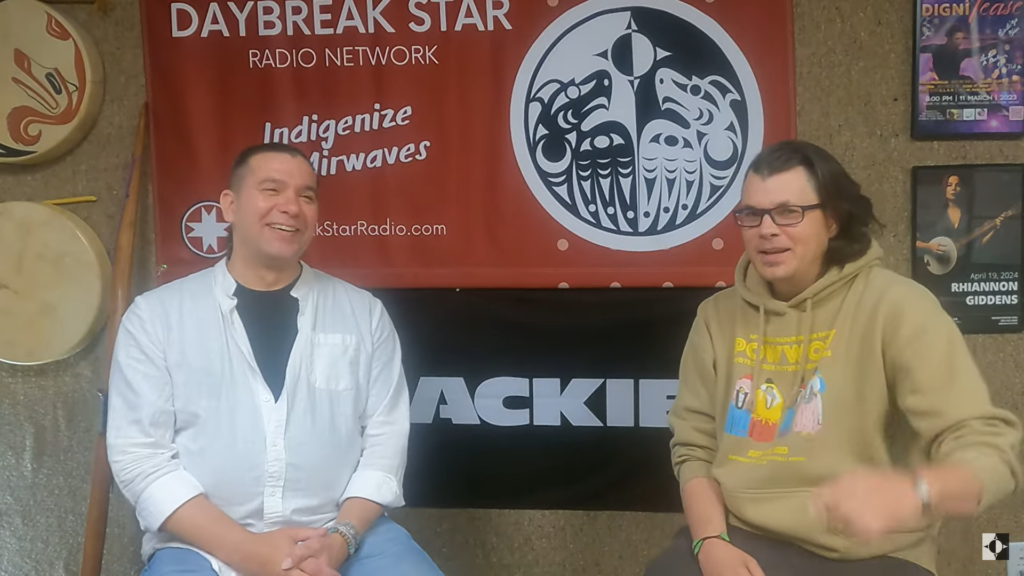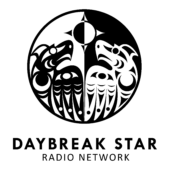Author: Ronnie Mason
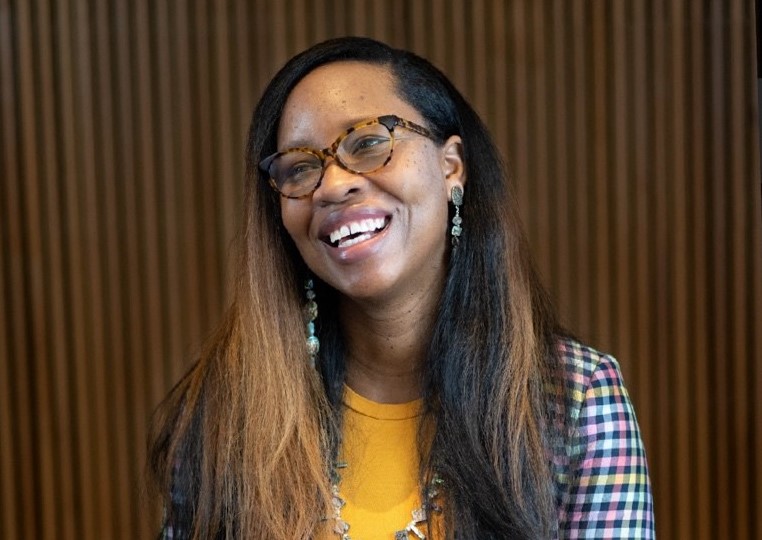
In this segment, Leanne Rye Brock shares the impacts that colonialism has on reproduction, child rearing, land re-matriation, traditional healing practices, and food sovereignty. Through story, research, theory, traditional knowledge systems, Leanne guides us to examine, understand, and reckon with the past, present, and future. Leanne highlights the intersection between traditional healing practices, addressing land […]
Daybreak Star Radio recently featured an exciting interview with Stevie Salas, the renowned Native American guitarist, producer, and filmmaker, conducted by DJ Red and RONN!E. Known for his trailblazing music career, having played with rock legends like Mick Jagger, Rod Stewart, and George Clinton, Salas has made a significant impact both on stage and behind […]
In this interview, Jay S. Ritchie explores the consequences of treating land as a resource rather than a relative, rooted in Indigenous law. Jay discusses extractive values, environmental justice, and the importance of incorporating Indigenous knowledge systems to protect future generations. This powerful conversation calls for accountability and sustainable practices.
In this interview, King Khazm discusses his journey in hip-hop, from early inspirations to becoming a significant figure in Seattle’s hip-hop scene. He shares insights on his creative process, community impact, and overcoming challenges. The conversation offers valuable advice for aspiring artists and a glimpse into his future projects.
yəhaw̓, an Indigenous Creatives Collective, explores how colonialism and capitalism manifest in environmental racism and land contamination. They advocate for healing the land through kinship, practicing Native Knowledge systems, and giving land back. Their story highlights the ongoing impact of colonialism and the strength of Native communities in securing a thriving future for generations to come.
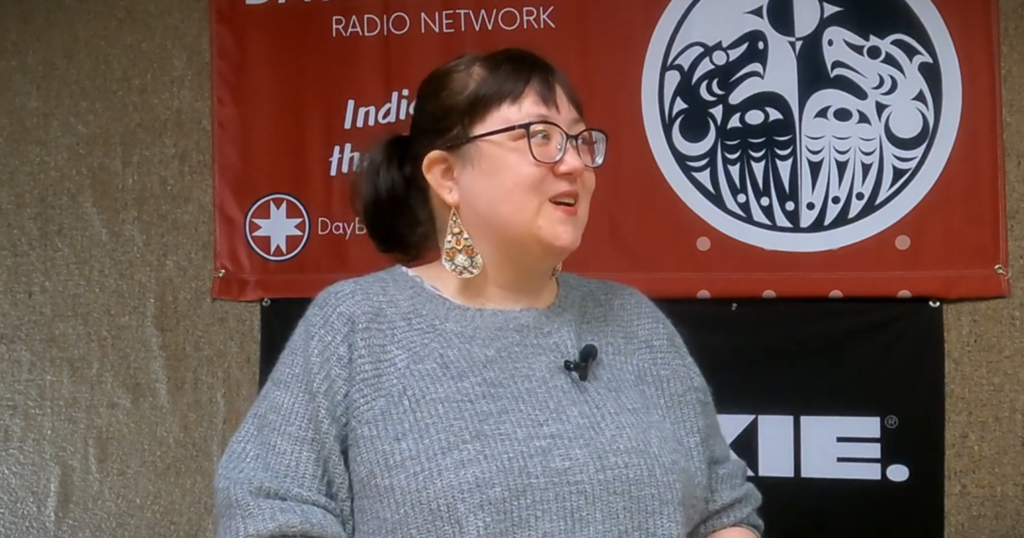
Jessica Pilista Towns-Camara, a Sugpiaq/Alutiiq, Yup’ik, and Scottish artist, honors her ancestors through jewelry crafted from her Alaskan homeland. Her work highlights the deep connections between land, culture, and identity, while addressing the ongoing impacts of colonialism. Jessica’s story is a powerful reminder of the need to protect and revitalize Indigenous knowledge systems for future generations.
Dr. Lonnie Nelson, a distinguished descendant of the Eastern Band of Cherokee Indians, has dedicated his career to addressing health disparities in Native American communities. With a passion for improving mental health, combating addiction, and enhancing overall well-being among Indigenous populations, Dr. Nelson has become a leading figure in public health research. His work has […]
